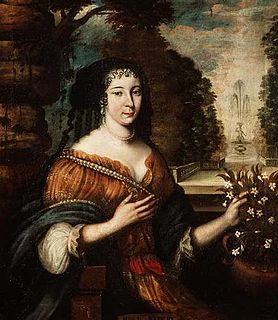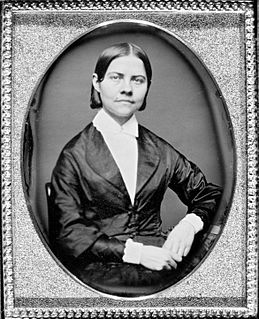A Quote by Mikhail Gorbachev
History is a capricious creature. It depends on who writes it.
Quote Topics
Related Quotes
I must say a few words about memory. It is full of holes. If you were to lay it out upon a table, it would resemble a scrap of lace. I am a lover of history . . . [but] history has one flaw. It is a subjective art, no less so than poetry or music. . . . The historian writes a truth. The memoirist writes a truth. The novelist writes a truth. And so on. My mother, we both know, wrote a truth in The 19th Wife– a truth that corresponded to her memory and desires. It is not the truth, certainly not. But a truth, yes . . . Her book is a fact. It remains so, even if it is snowflaked with holes.
The settler makes history and is conscious of making it. And because he constantly refers to the history of his mother country, he clearly indicates that he himself is the extension of that mother country. Thus the history which he writes is not the history of the country which he plunders but the history of his own nation in regard to all that she skims off, all that she violates and starves.
The complaints of contemporary writes, who deplore the increase of luxury and deprevation of manners, are commonly expressive of their peculiar temper and situation. There are few observers who possess a clear and comprehensive view of the revolutions of society, and who are capable of discovering the nice and secret springs of action which impel, in the same uniform direction, the bland and capricious passions of a multitude of individuals.












































